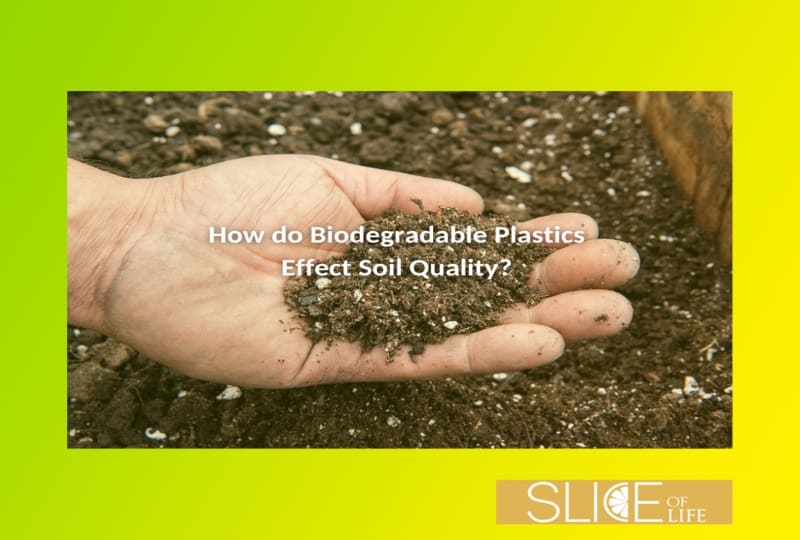Life University (Life U) Research Series
From Your Extraordinary LIFE (YEL) 2022 Edition
Exploring Research Through the Eyes of Life U Students
College of Graduate and Undergraduate Studies
Abigail Bachman, Human Ecology Student, Dr. Stephanie Wakefield, Program Coordinator + Assistant Professor | Human Ecology Program, Research Chair
“How do Biodegradable Plastics Effect Soil Quality?”
Abigail Bachman, a Life University (Life U) Human Ecology student was born and raised in California, so when her parents purchased a home in Georgia and found out that their trash service did not include recycling, she was very surprised. In California you can not only get as many recycling bins as you wish but the state of California also offers a cash redemption for recycling, something the state of Georgia does not do. She was also shocked to learn that Georgia doesn’t recycle glass because according to Bachman, Georgia thinks it takes too much energy since the glass must be heated to an extremely high temperature to be able to reuse it.
“I think that coming from a place that’s definitely more environmentally aware than Georgia, I think that it was kind of mind-blowing to me that people just didn’t care the same way that we do here [in California] and even if people do care, there is nothing that is being done,” said Bachman.
With that in mind, Bachman wanted her project to focus on plastic waste because natural gases and oil are required to make plastic, which hurts the environment. Currently, most plastics end up in our ecosystems or landfills. Bachman said that one way we can help is by reducing the number of plastics we purchase.
“Many biodegradable products contain chemicals that speed up the amount of time it takes them to biodegrade. When you put a biodegradable product back in the environment, all those chemicals will then become part of the soil that they biodegrade in,” said Bachman.
Bachman’s project involves using organic soil and three different types of biodegradable plastic bags. Each product listed that they were biodegradable on their packaging. Some even had certification seals. Using three separate containers, Bachman put in two inches of organic soil, then the bags and covered the bags with another layer of the organic soil. These containers will be kept in a greenhouse for six months, and then Bachman will do soil testing to see what, if any, chemicals have seeped into the soil from the plastic bags. Her objective is to learn if these products are truly “green,” or do these products contaminate the organic soil.
This article was originally published in Your Extraordinary Life (YEL), Life University‘s Alumni and Friends Magazine, 2022- Volume 15. YEL started in 2009 as a twice-per-year publication before moving to three issues per year from 2010-2017. In 2018, University leadership made the decision to publish a larger, more elegant version of the magazine just once per year that our alumni and friends could be proud of. YEL features an in-depth look at all things Life University, from alumni and student human interest stories to recaps and previews of the University’s biggest events. If you are a proud Life University alumni, friend or supporter, this publication is one you can’t miss!
Read the latest issue and past issues at this link or pick up a print copy on campus.


Social Media